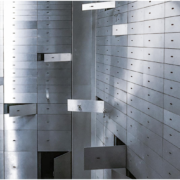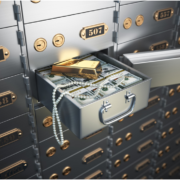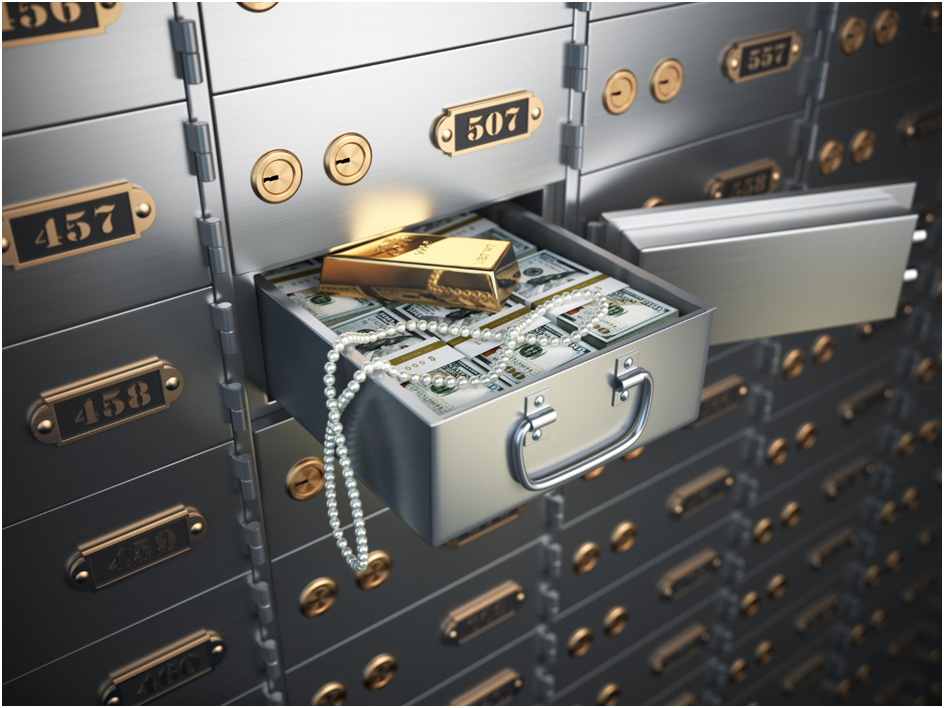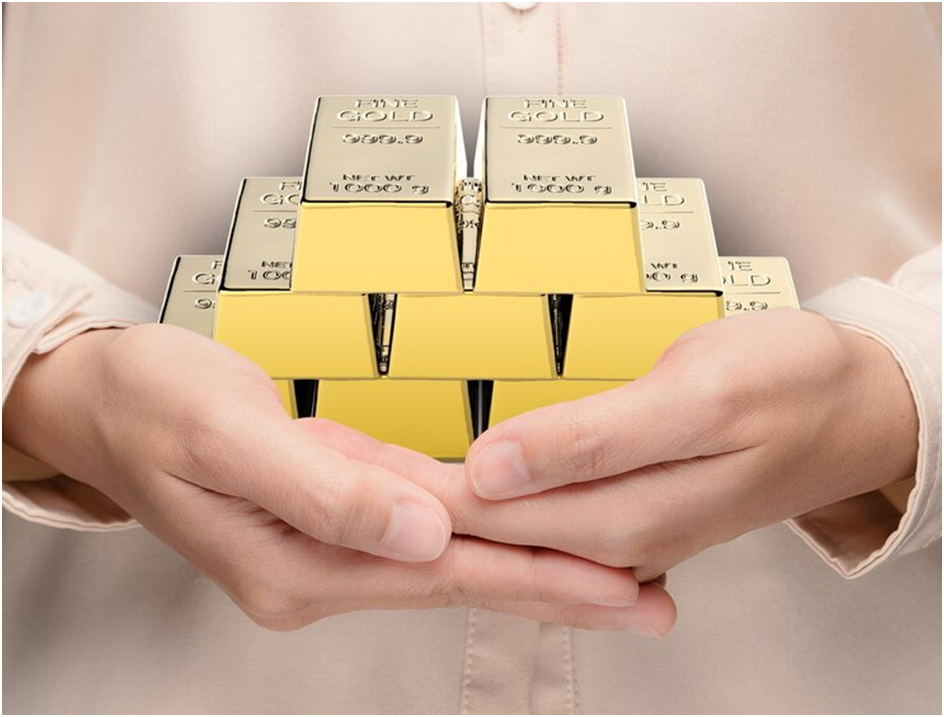In Safe Hands: Where the UK’s Wealth Sleeps Soundly
In the maze of financial security options, the ancient yet ever-relevant safety deposit box stands as a model of real asset protection. The United Kingdom, with its rich history and liking for modern innovation, offers anexcess of choices for those seeking to safeguard their valuables. From the bustling cities of Coventry and Leicester to the tranquil towns of Kenilworth and Leamington, safety deposit boxes provide a secure sanctuary for personal treasures. This article delves into the significance of safety deposit boxes, the emerging trends in secure vaults, and the critical role of safe deposit locker insurance in ensuring peace of mind for the residents of Nuneaton, Coventry, Rugby, Kenilworth, Leamington, and Leicester.
The Enduring Appeal of Safety Deposit Boxes
Despite the digitalisation of banking and the rise of electronic assets, the physical safety deposit box remains irreplaceable for many. A safety deposit box Coventry, Nuneaton, or any other UK location offers a secure environment for the storage of important documents, heirlooms, jewellery, and other irreplaceable items. The appeal lies not only in the physical security but also in the privacy and confidentiality it gives its users.
Strategic Locations Across the UK
Coventry and Leicester: Urban Centres of Security
Coventry and Leicester stand out as urban hubs where secure vaults and safety deposit services are in high demand. These cities cater to a diverse clientele, from business professionals to private individuals, offering state-of-the-art facilities that blend security with accessibility. A safety deposit box Leicester, or in Coventry is equipped with the latest in security technology, ensuring that valuables are protected against theft, fire, and other potential hazards.
Nuneaton, Rugby, Kenilworth, and Leamington: The Suburban Solution
The demand for security extends into the suburbs and smaller towns such as Nuneaton, Rugby, and Kenilworth, and the need for a safety deposit box Leamington. Here, providers offer a more personalised service, understanding the unique needs of their local clientele. Whether it’s a safety deposit box Kenilworth for family heirlooms or a safety deposit box Rugby for important legal documents, these locations offer the perfect blend of security and convenience.
The Evolution of Safety Deposit Services
The concept of safety deposit boxes has evolved significantly, with providers now offering a range of services that go beyond mere storage. For instance, safe deposit locker insurance has become an indispensable part of the safety deposit box package, offering clients an added layer of financial protection against the unexpected. This insurance ensures that, in the unlikely event of damage or loss, the contents of your safety deposit box are covered.
Furthermore, the integration of biometric security features, climate control for sensitive items, and digital inventory tracking represent the future of safety deposit services. These advancements not only enhance the security of the stored items but also provide a more convenient and accessible user experience.
Choosing the Right Safety Deposit Box Provider
When selecting a safety deposit box Nuneaton, Coventry, Rugby, Kenilworth, Leamington, or Leicester, there are several factors to consider. Security features, accessibility, insurance coverage, and customer service quality are paramount. Prospective users should also assess the size and type of safety deposit boxes available, ensuring they meet their specific storage needs.
Safety Deposit Box Insurance: A Must-Have
Opting for a safety deposit box that comes with comprehensive insurance coverage is crucial. This insurance not only covers the cost of the physical items but also the sentimental value attached to personal belongings. It’s an essential aspect of the service that provides peace of mind, knowing that your valuables are protected against all odds.
The Role of Safety Deposit Boxes in Asset Protection
Safety deposit boxes play a critical role in a comprehensive asset protection strategy. They offer a secure and private means of storing valuable items that cannot be digitised or are too precious to risk keeping at home. In an age where digital security breaches are becoming more common, the physical security offered by a safety deposit box is more valuable than ever.
FAQs: Safety Deposit Boxes in the UK
Q1: What items are typically stored in a safety deposit box?
A1: Customers commonly store valuable jewellery, important documents (such as wills, property deeds, and birth certificates), collectables, family heirlooms, and sometimes even digital data storage devices containing backups of critical information.
Q2: How secure are safety deposit boxes in the UK?
A2: Safety deposit boxes in the UK are extremely secure, housed within vaults that are resistant to fire, flooding, and theft. They often feature biometric security, 24/7 surveillance, and dual-key systems to ensure the utmost protection for your valuables.
Q3: Can I access my safety deposit box outside of normal banking hours?
A3: Access policies vary by provider. Some facilities in major cities like Coventry, Leicester, and Nuneaton offer extended hours or even 24/7 access through secure, automated systems. It’s important to choose a provider that matches your accessibility needs.
Q4: What happens if I lose my safety deposit box key?
A4: Losing a key can result in a fee for lock replacement and key duplication. The process involves strict identification checks to ensure the box’s security. Always inform your provider immediately if a key is lost.
Q5: Is the content of my safety deposit box insured?
A5: The contents are not automatically insured by the facility; however, many providers offer or recommend safe deposit locker insurance policies. It’s advisable to insure valuable contents separately or check if your home insurance policy can be extended to cover them.
Q6: Can someone else access my safety deposit box?
A6: You can authorise a secondary user to access your safety deposit box, subject to verification and agreement terms set by the provider. This is useful for shared access among family members or in case of emergencies.
Q7: Are there any items that cannot be stored in a safety deposit box?
A7: Yes, illegal items, hazardous materials, and perishable goods are prohibited. It’s also wise to avoid storing anything you might need in an emergency, such as passports, medical directives, or power of attorney documents, as access could be delayed.
Q8: How much does renting a safety deposit box cost?
A8: The cost varies depending on the size of the box, the location of the facility, and the level of security provided. Prices can range from a modest annual fee for a small box in suburban areas like Kenilworth or Leamington to a higher fee for larger boxes in major cities.
Q9: How do I open a safety deposit box in cities like Coventry or Leicester?
A9: To open a safety deposit box, you’ll need to provide identification and possibly proof of address. The provider will guide you through the contract terms, access procedures, and any insurance options available.
Q10: Can I access my safety deposit box online?
A10: Direct access to the contents of a safety deposit box online is not possible due to the physical nature of the service. However, many providers offer digital services such as online booking of access appointments or digital inventory management tools.
Conclusion
From the bustling streets of Coventry and Leicester to the peaceful towns of Nuneaton, Rugby, Kenilworth, and Leamington, the UK offers a wide range of options for those seeking to protect their valuables. Safety deposit boxes, with their blend of traditional security and modern innovation, provide a secure haven for the wealth of individuals and businesses alike. As technology advances and the needs of clients evolve, the safety deposit box industry in the UK continues to adapt, ensuring that it remains a vital component of asset protection strategies. In safe hands, the UK’s wealth sleeps soundly, guarded by the steadfast security of safety deposit boxes across the nation.













